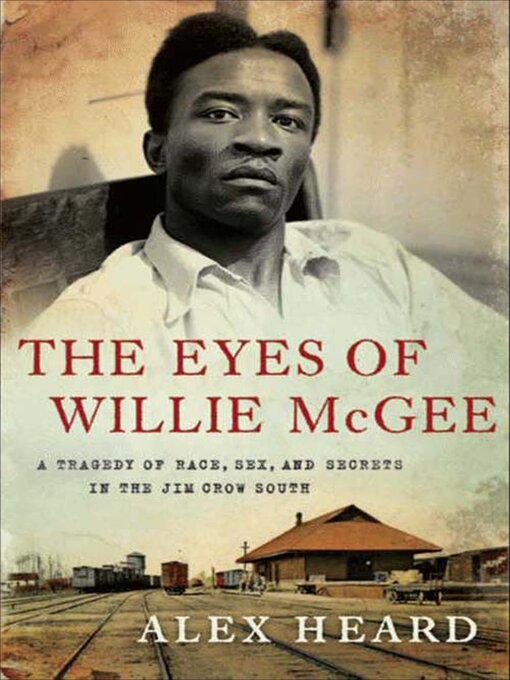- Available Now!
- All Nonfiction
- Biography & Autobiography
- History
- Cooking & Food
- Business
- Self-Improvement
- Health & Fitness
- Travel
- Politics
- See all ebook nonfiction collections
- Available Now!
- All Fiction
- Romance
- Mystery
- Thrillers
- Literature
- Historical Fiction
- Sci-Fi
- Fantasy
- Classics
- See all ebook fiction collections
- Available Now!
- All Nonfiction
- Biography & Autobiography
- History
- Cooking & Food
- Business
- Self-Improvement
- Health & Fitness
- Travel
- Politics
- See all audiobook nonfiction collections
- Available Now!
- All Fiction
- Romance
- Mystery
- Thrillers
- Literature
- Historical Fiction
- Sci-Fi
- Fantasy
- Classics
- See all audiobook fiction collections

